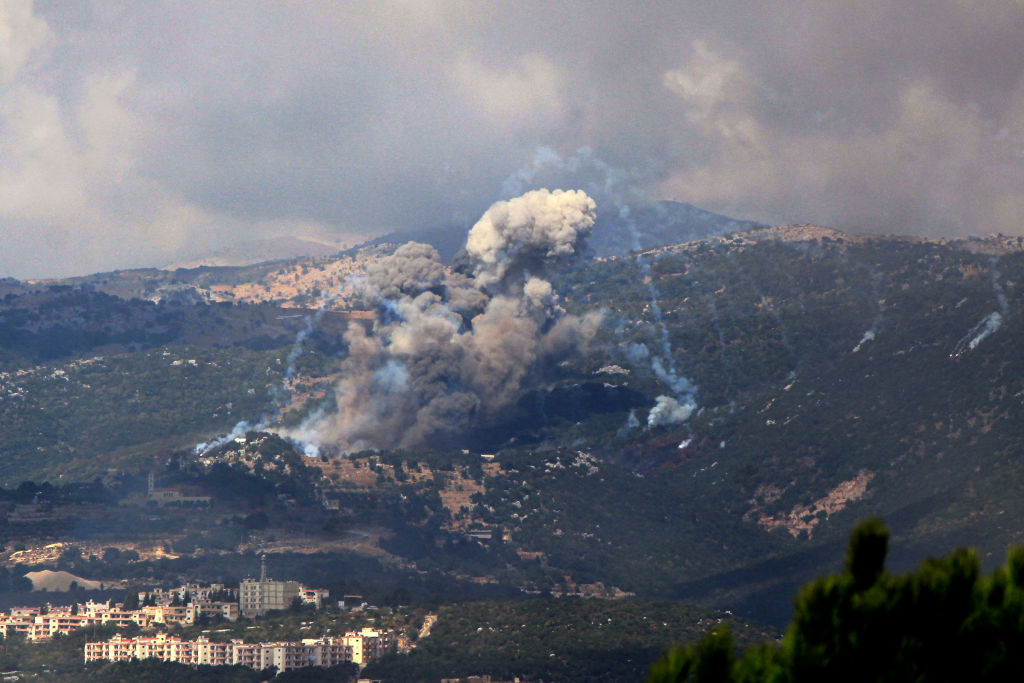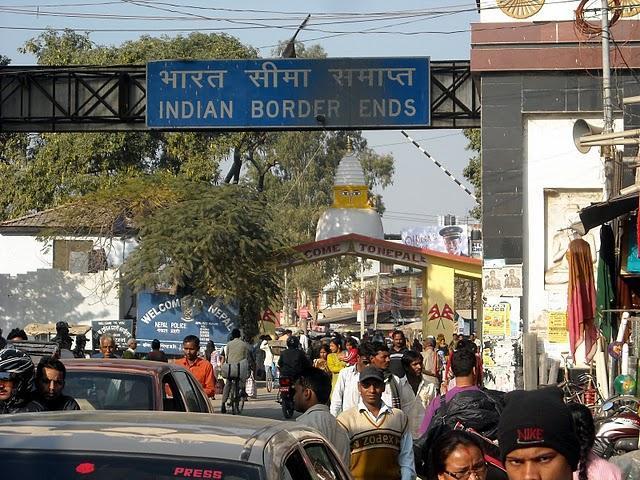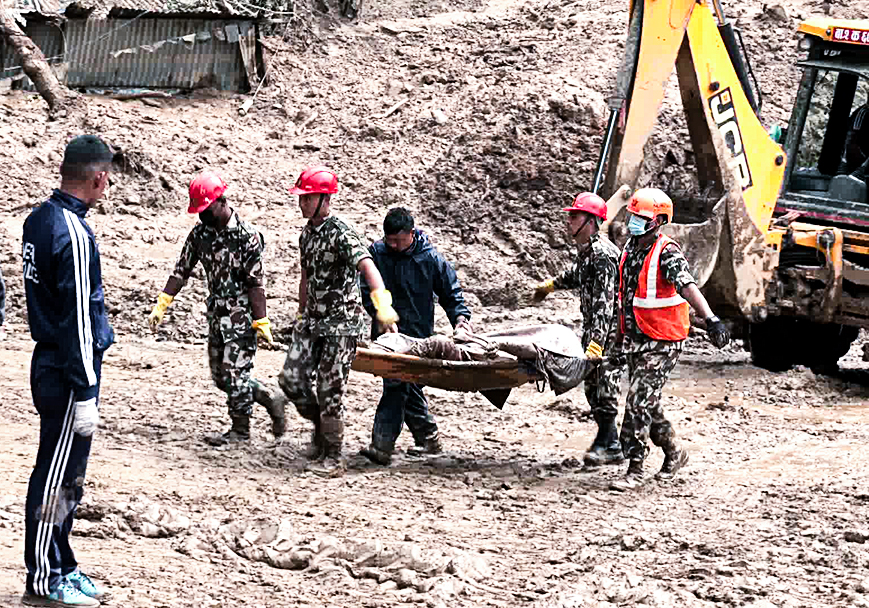Israel rejected global calls on Thursday for a ceasefire with the Hezbollah movement, defying its biggest ally the U.S. and pressing ahead with strikes that have killed hundreds in Lebanon and heightened fears of an all-out regional war.
An Israeli warplane struck the edges of the capital Beirut, killing two people and wounding 15, including a woman in critical condition, Lebanon’s health ministry said. That took deaths from hits overnight and during Thursday to 28.
The strike killed the head of one of Hezbollah’s air force units, Mohammad Surur, two security sources said, the latest senior Hezbollah commander to be targeted in days of assassinations hitting the group’s top ranks.
Smoke was seen rising after the hit near an area where several Hezbollah facilities are located and many civilians also live and work. Hezbollah’s Al-Manar TV broadcast images of a damaged upper floor of a building.
On the Israeli side of the border with Lebanon, the army staged an exercise simulating a ground invasion – a potential next stage after relentless airstrikes and explosions of communications devices.
Israel has vowed to secure its north and return thousands of citizens to communities there who have evacuated since Hezbollah launched a campaign of cross-border strikes last year in solidarity with Palestinian militants fighting in Gaza.
Landing in the U.S. to address the U.N. General Assembly, Israeli, Prime Minister Benjamin Netanyahu told reporters the military will keep hitting Hezbollah with “full force and we will not stop until we achieve all our goals, first and foremost returning the residents of the north safely to their homes.”
Israel’s stance has dashed hopes for a swift settlement after Lebanese Prime Minister Najib Mikati, whose government includes Hezbollah elements, had expressed hope for a ceasefire.
Hundreds of thousands of people have fled their homes during the heaviest Israeli bombardment of Lebanon since a major war in 2006.
Hezbollah has faced off against the Israeli military since the Shi’ite Muslim movement was created by Iran’s Revolutionary Guards in 1982 to counter an Israeli invasion of Lebanon. It has since evolved into Tehran’s most powerful Middle East proxy.
The U.S., France and several other allies urged an immediate 21-day ceasefire across the Israel-Lebanon border. They also expressed support for a ceasefire in Gaza.
(Reuters)



















